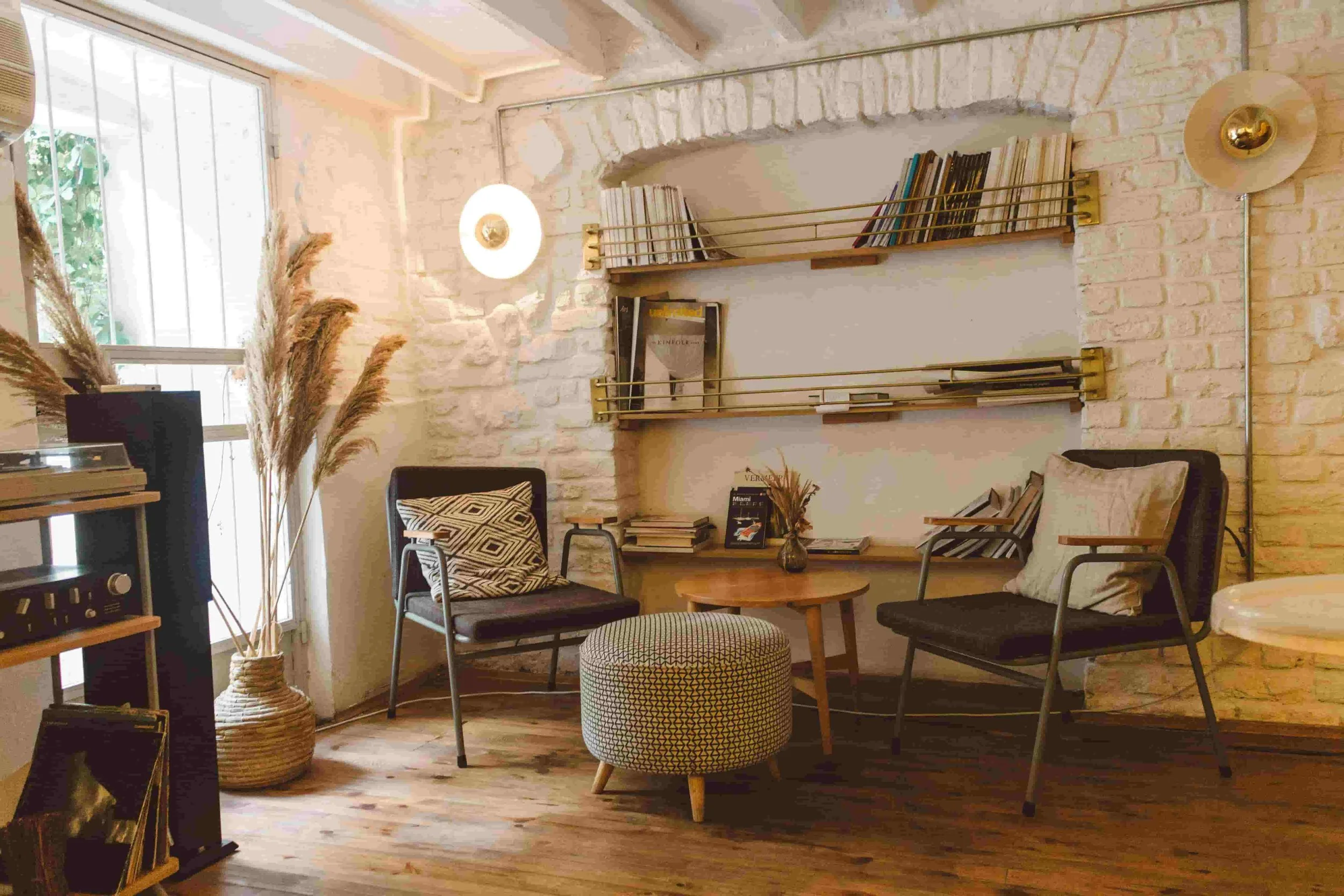How to Choose the Right HVAC Filter: A Guide for Toronto Residents
Introduction
As a Toronto homeowner, maintaining indoor air quality is crucial, especially with seasonal weather changes that can impact air pollution and allergens inside your home. A high-quality HVAC filter ensures that your heating and cooling system runs efficiently while keeping dust, allergens, and pollutants at bay. But with so many options available, how do you choose the right HVAC filter? This guide will help you understand different types of filters, their efficiency ratings, and how to select the best one for your needs.
Why HVAC Filters Matter
Your HVAC filter plays a critical role in maintaining indoor air quality and prolonging the life of your heating and cooling system. Here are some key benefits:
Improved Air Quality: Reduces airborne particles such as dust, pollen, mold spores, and pet dander.
Energy Efficiency: A clean filter allows your HVAC system to run smoothly, lowering energy consumption.
Extended HVAC Lifespan: Prevents dust buildup in the system, reducing maintenance costs and increasing longevity.
Understanding MERV Ratings
One of the most important factors to consider when choosing an HVAC filter is its Minimum Efficiency Reporting Value (MERV) rating. MERV ratings range from 1 to 20, indicating the filter’s ability to capture airborne particles.
MERV 1-4: Basic filters that capture large particles but are not very effective against smaller allergens. Suitable for residential homes with minimal air quality concerns.
MERV 5-8: Standard filters used in most homes. They capture mold spores, pet dander, and dust mites, making them a good balance between affordability and efficiency.
MERV 9-12: Higher-efficiency filters that can capture smaller particles like fine dust and some bacteria. Ideal for allergy sufferers and pet owners.
MERV 13-16: Advanced filtration, often used in hospitals and commercial buildings, capable of trapping bacteria, smoke, and fine particles.
MERV 17-20: HEPA-grade filters, typically used in specialized environments like laboratories and clean rooms.
Types of HVAC Filters
There are several types of HVAC filters available, each with unique advantages:
Fiberglass Filters: Low-cost, disposable filters with minimal filtration efficiency (MERV 1-4). Suitable for protecting HVAC systems but not for improving air quality.
Pleated Filters: Made from polyester or cotton, these filters have a larger surface area to trap more particles (MERV 6-13). They are ideal for residential use.
Electrostatic Filters: Use static electricity to attract airborne particles, available in both disposable and washable options. Effective for pet owners and allergy sufferers.
HEPA Filters: Capture up to 99.97% of airborne particles (MERV 17-20), ideal for those with severe allergies or respiratory conditions. However, they require special HVAC system compatibility.
Carbon Filters: Designed to remove odors, chemicals, and gases. Best used in combination with other filters for complete air purification.
How to Choose the Right HVAC Filter
When selecting an HVAC filter, consider the following factors:
Allergy Concerns: If you or your family members suffer from allergies, opt for a pleated filter with a MERV rating of 9 or higher.
Pets in the Home: Pet dander can trigger allergies, so an electrostatic or HEPA filter is recommended.
Budget Considerations: Higher MERV-rated filters cost more but provide better filtration. Choose a balance between cost and air quality needs.
HVAC System Compatibility: Not all systems support high-MERV filters, as they can restrict airflow. Check your HVAC system’s manual before upgrading.
Environmental Concerns: Consider using washable or reusable filters to reduce waste.
How Often Should You Replace Your HVAC Filter?
The frequency of filter replacement depends on several factors, including the type of filter, home environment, and usage. Here’s a general guideline:
Basic Fiberglass Filters: Every 30 days
Pleated Filters: Every 60-90 days
Electrostatic Filters: Every 3-6 months (if disposable) or washed every 1-2 months
HEPA Filters: Every 6-12 months
If you have pets, allergies, or live in an area with high pollution, consider changing your filter more frequently.
Where to Buy HVAC Filters in Toronto
Toronto residents can find HVAC filters at various retailers, both online and in-store:
Home Improvement Stores: Home Depot, Lowe’s, RONA
HVAC Supply Stores: TML Supply, Air Quality Dunrite
Online Retailers: Amazon Canada, HVAC Parts Canada
Local HVAC Service Providers: Many HVAC companies offer filter replacement services along with maintenance.
Final Thoughts
Choosing the right HVAC filter is essential for maintaining indoor air quality and ensuring the efficiency of your heating and cooling system. By understanding MERV ratings, filter types, and your specific needs, you can make an informed decision that keeps your Toronto home comfortable and clean year-round.
For professional HVAC maintenance and filter replacement services in Ontario, contact us today!

